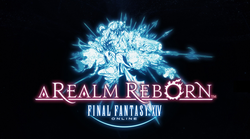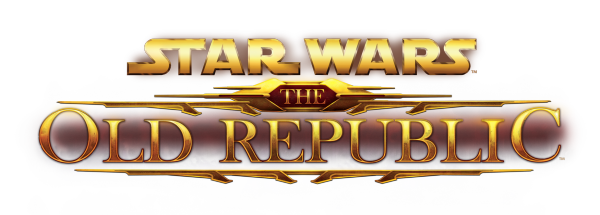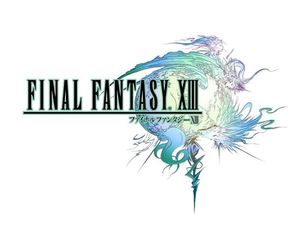A massive(ly multiplayer) realization
 Wed, September 4, 2013 at 11:12 PM
Wed, September 4, 2013 at 11:12 PM  At some point when I wasn’t paying enough attention, I seem to have become an MMO player. What started out as an academic dalliance to figure out what this World of Warcraft thing was all about has slowly progressed to become a Thing I Enjoy. Over the past couple of years (which, not coincidentally, also represents the time frame since which I acquired a decently beefy gaming PC), I have slowly begun to notice that I’m actually paying attention to MMO launches. I might even go so far as to say I’ve looked forward to some of them.
At some point when I wasn’t paying enough attention, I seem to have become an MMO player. What started out as an academic dalliance to figure out what this World of Warcraft thing was all about has slowly progressed to become a Thing I Enjoy. Over the past couple of years (which, not coincidentally, also represents the time frame since which I acquired a decently beefy gaming PC), I have slowly begun to notice that I’m actually paying attention to MMO launches. I might even go so far as to say I’ve looked forward to some of them.
I’ve not yet devolved to the point that I’m pulling all-nighters on launch day, chugging lukewarm pizza and Red Bull, trying to be the first to reach level 60. I’m not planning weekly raid events or drawing up spreadsheets with PvP stats. But, more and more, I’m treating big MMO launches as something to look forward to and participate in. This is something of a big deal given my prior disdain for the genre.

To be sure, I have not yet conquered my general tendency to hop about wildly from game to game and purchase the newest, shiniest thing that catches my attention. When considered along with that pesky “job” thing I’m forced to drag myself to, it’s little wonder I rarely make it to the big boy levels of these things before losing interest. Nonetheless, only recently I've seen The Old Republic, Tera, The Secret World, and Neverwinter come and go while dabbling in the early stages of Firefall and looking forward to The Elder Scrolls Online. I can keep telling myself I’m not going to play these things all I want, but it’s clearly not working.
I’ve written before on some of the reasons why I like this genre, despite my frequent criticisms of it, but the realization that it may have morphed into something more than a guilty pleasure is relatively recent. There are many possible reasons for this development. The acquisition of my gaming PC makes me more likely to hunt down interesting PC titles, of which new MMOs represent a significant chunk. The drought of JRPGs these days leaves fewer outlets for long adventures and the oh-so-satisfying thrill of seeing your level number increase than there once was (a niche that western RPGs can only sometimes fill in quite the same way). MMOs as a whole have also increased dramatically in quality, both mechanically and graphically, as well as, crucially, user friendliness. Even repetitive games like Tera can impress with a solid set of combat mechanics, or games with tired combat like The Secret World can thrill with a unique setting and focus on story.

There has always been a certain something to MMOs that I enjoyed that nothing else provided. That sense of grand adventure, of scale, and of permanence is an addicting concoction. I think, simply put, the genre has gotten better at capitalizing on those strengths while not getting on my nerves nearly as much as it used to. The future looks bright indeed for the genre, and I am becoming more and more comfortable with admitting to myself that I genuinely like these titles, because the titles are more and more worth liking.
Not so bright, however, is the outlook for my staggeringly large backlog of unfinished solo games. Not a pretty sight.





